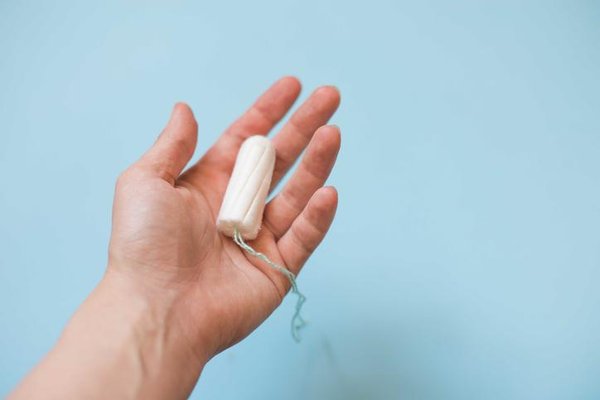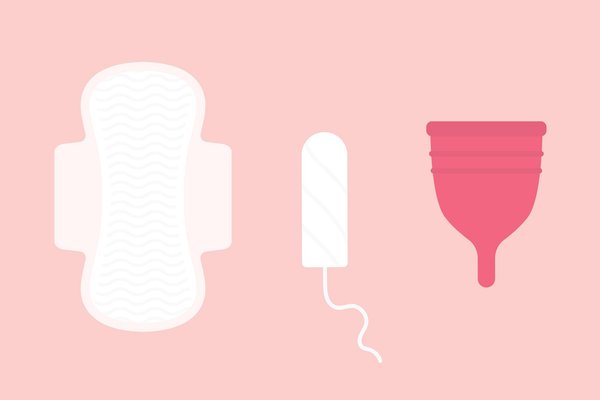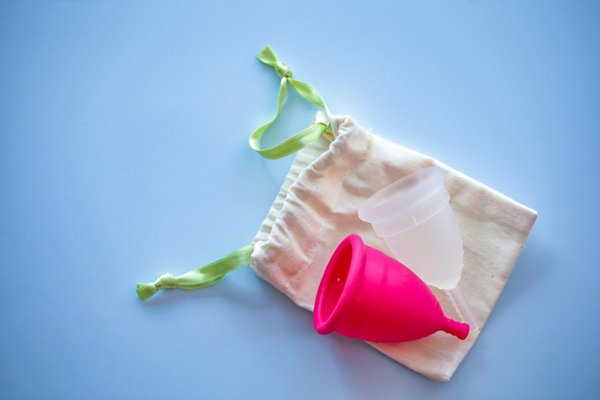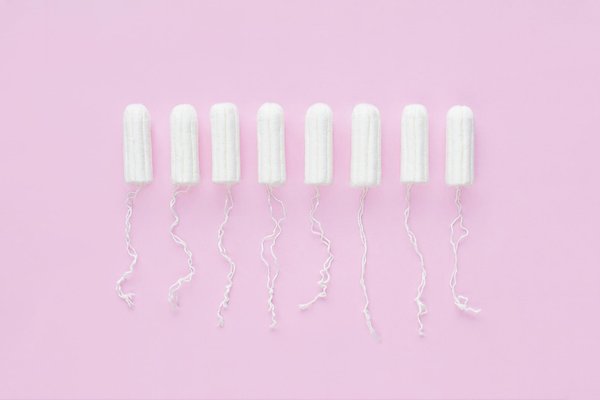You have a period. Your sister has a period. Your friend has a period. But no two periods are created equal.
If your bleeding interferes with your daily activities, soaks through one or more pads or tampons every hour for several hours or causes you to use a tampon and a pad at the same time, you may be one of the millions of women who experience heavy monthly bleeding, also known as menorrhagia.
Living with heavy periods can be very frustrating. Heavy menstrual flow often interferes with daily tasks for several days each month and can make it difficult for you to manage routine activities like running errands, playing sports, working and going to school. It can also lead to anemia and fatigue.
Compounding these issues, nearly 40 percent of women with excessive flow said they feel trapped between experiencing heavy periods and settling for treatment options that are not acceptable to them, according to a recent survey conducted by Mom Central and HealthyWomen.
The survey also showed that heavy monthly bleeding takes a toll on women's emotions, time and pocketbooks:
- Ninety-two percent of women with heavy monthly bleeding agreed that the condition frustrates them, and more than two-thirds (68 percent) said their periods control them.
- Almost half of women with heavy periods said they have to change their tampons or pads seven to nine times a day during the day, and 76 percent have to wake up one to three times during the night.
- Seventy-eight percent of women surveyed said they have had to replace soiled clothing or bedding because of their heavy monthly bleeding.
- Notably, 18 percent of women with the condition said they have had to miss work due to heavy periods.
Because many women feel uncomfortable discussing their menstrual cycles, they may not recognize what's normal, what's heavy and what's somewhere in between. As a result, millions of women continue to suffer through heavy periods that make a significant impact on daily activities.
Just as no two women's cycles are the same, the treatment options for heavy monthly bleeding also vary. Talk to your health care professional about what will best meet your needs based on your individual health history, your reproductive stage and your lifestyle.
Causes
In some cases, the cause of heavy monthly bleeding is unknown. A number of common conditions may contribute, including hormonal imbalance, ovarian dysfunction, uterine fibroids (noncancerous tumors) and underlying bleeding disorders. Many women with heavy periods experience a breakdown of blood clots (fibrinolysis), which occurs more rapidly than normal and causes excessive blood loss during menstruation. Heavy periods can occur at various stages of your life, so if you notice a sudden change in your flow, be sure and speak with your health care professional.
Diagnosis
If your health care professional suspects you are experiencing monthly bleeding that is heavier than normal, he or she may recommend one or more diagnostic tests to determine the cause of your heavy menstrual bleeding. These include routine Pap tests, complete blood count and noninvasive imaging like a sonogram or ultrasound. Further exploration may include a thyroid function test to check for hormone imbalance, blood clotting tests to screen for clotting disorders or an endometrial biopsy to rule out uterine abnormalities. Based on the results of these or other tests, your health care professional should be able to determine if your heavy periods have a specific, underlying cause or are hormone-related.
Treatments
Today, women have a range of options for managing their heavy periods. Your health care professional might recommend medical therapy first before exploring other, more invasive procedures.
According to the Mom Central and HealthyWomen survey, women with heavy monthly bleeding indicated their top four most important factors for selecting a treatment option were:
- A treatment that is designed specifically to lighten my period (89 percent).
- A treatment that does not involve surgery (85 percent).
- Nonhormonal treatment (83 percent).
- Treatment that I only take during my period (68 percent).
Over-the-counter nonsteroidal anti-inflammatory drugs (NSAIDs) are often the first option. Your health care professional also may recommend prescription alternatives, including FDA-approved tranexamic acid tablets, a nonhormonal option that doesn't affect fertility, or a hormone-releasing intrauterine device (IUD) for women seeking contraception. Oral contraceptives or progesterone therapies also may be prescribed. The combination estrogen-progesterone pill Natazia is the first birth control pill specifically approved by the FDA to treat heavy menstrual bleeding not caused by a condition of the uterus.
If these treatment options do not reduce your bleeding, one of several surgical options may be recommended. These range from endometrial ablation to hysterectomy, which is a major surgical procedure. A hysterectomy is usually only considered as a last resort, when other options have failed to help and when fertility is no longer an issue.
Questions to Ask
If the first step is to become informed, the next is to actively discuss your experience, medical needs and treatment preferences with your health care professional. According to the survey, 56 percent of women with heavy periods who had received a treatment recommendation from their health care professional were not satisfied with their options. Of those who were satisfied, 38 percent went to two or more visits before they found an option they liked.
It's important to ask questions and share as many details as possible with your health care professional to determine the best way to manage your heavy periods. Take these questions with you to help start the conversation and get the most out of it:
- My menstrual periods put my day on hold. Is this normal?
- What could be causing my periods to be really heavy?
- I'm very tired. Do you think I could be anemic?
- What tests do you recommend to identify what's causing my heavy periods?
- What treatments are available for excessive menstrual bleeding?
- What are the advantages, disadvantages and risks of the treatment you are suggesting?
- Will my insurance cover these treatments?
- What side effects are associated with the treatments you've presented?
- Will my heavy periods get better over time if I don't do anything?







